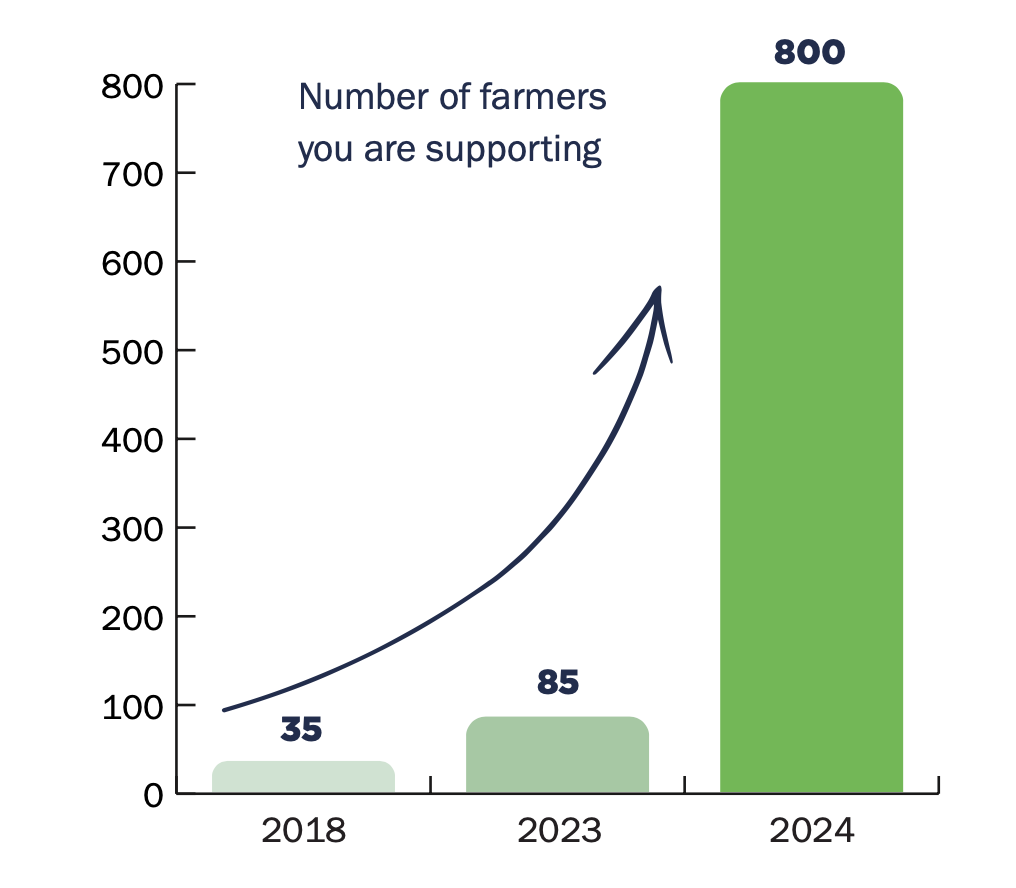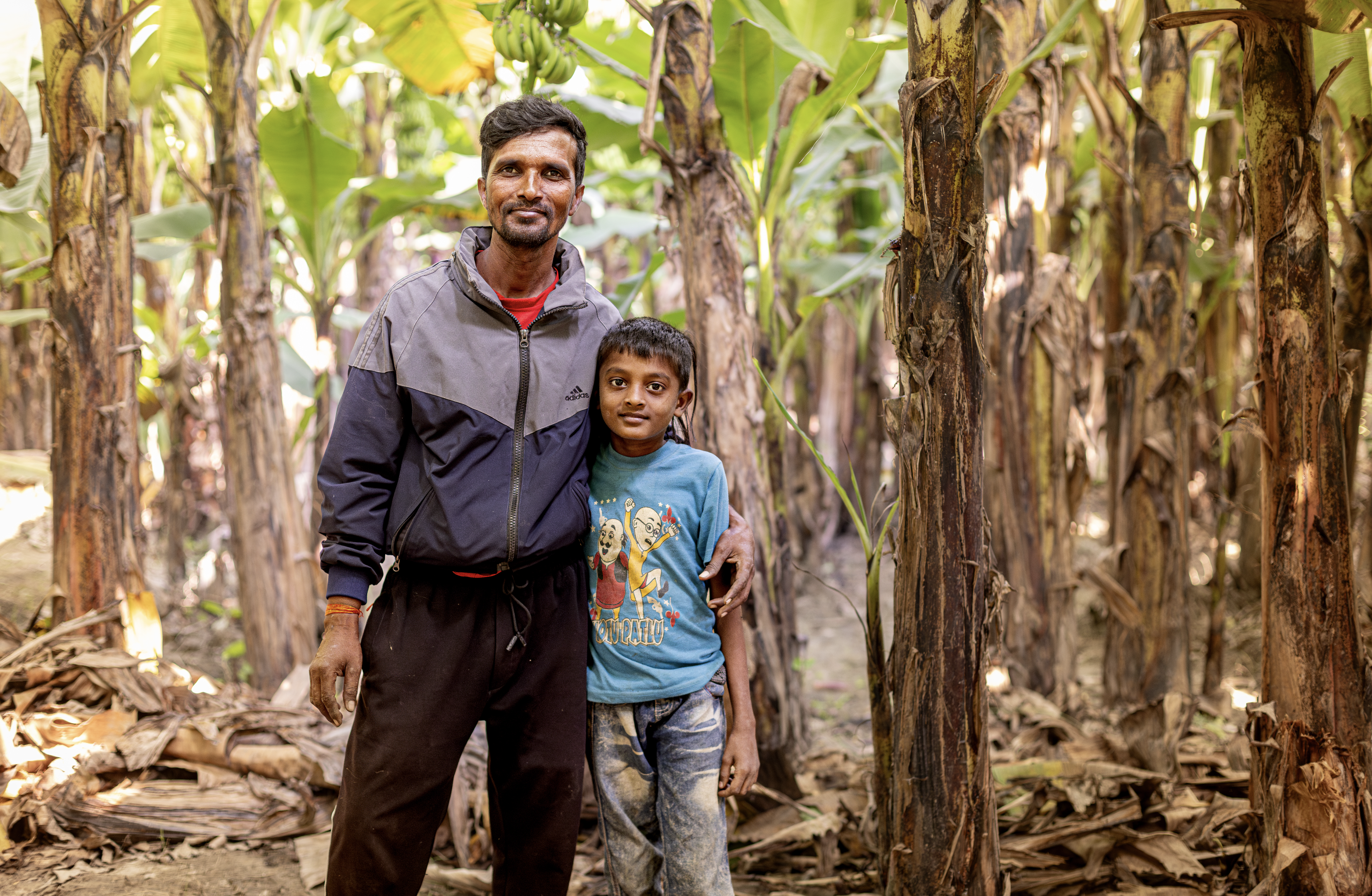
3 minute read
Peru
Peru: Turning Over a New Leaf
The Situation
The Valley of the Apurímac, Ene and Mantaro Rivers (known as the VRAEM) is one of the poorest and hardest-to-reach regions of Peru. It is also notorious for producing the coca leaves used in illegal cocaine production. The drug trade has led to violence and terrorism, and many men have lost their lives. This has left many women behind to manage the land and fend for themselves and their children.


New Beginnings
Sonia “Doris” Rodriguez Nyosa is president of the Qori Warmi (“Women of Gold”) women’s cacao cooperative. A few years ago, her family of six lived in a one-room apartment, barely surviving. Cacao changed her life. She says, “Thanks to the cooperative, today, after my daughters graduated from college, two are working as nurses, my son is in the army and my youngest daughter is studying in a U.S. college. I now have a house and have expanded my farmlands.”
Your Impact

With your support, members of the Qori Warmi farming cooperative have planted a new future and are revitalizing their communities with a new crop: cacao — the seed from which cocoa and chocolate are made. And their products are capturing the world’s attention.
In 2023, a VRAEM-based brand won a gold medal at the Salon du Chocolat in Paris — one of the most prestigious chocolate competitions in the world.
Behind the Scenes

"On my way to a site, when there is a moment I want to be a coward, I tell myself, ‘You have to keep going. There is nothing in this life you can’t do.’"
– Elsa Ospino
Your Reach So Far

In 2023, 85 Qori Warmi members were supported through the project (up from 35 in 2018). Looking ahead, there are now 800 more farmers slated for training this year.

Your pilot project paved the way for major USAID attention and support. Individual donors like you invested $645,000 to begin this work five years ago. This year, the U.S. Agency for International Development invested an additional $2.3 million to build on your impact.






